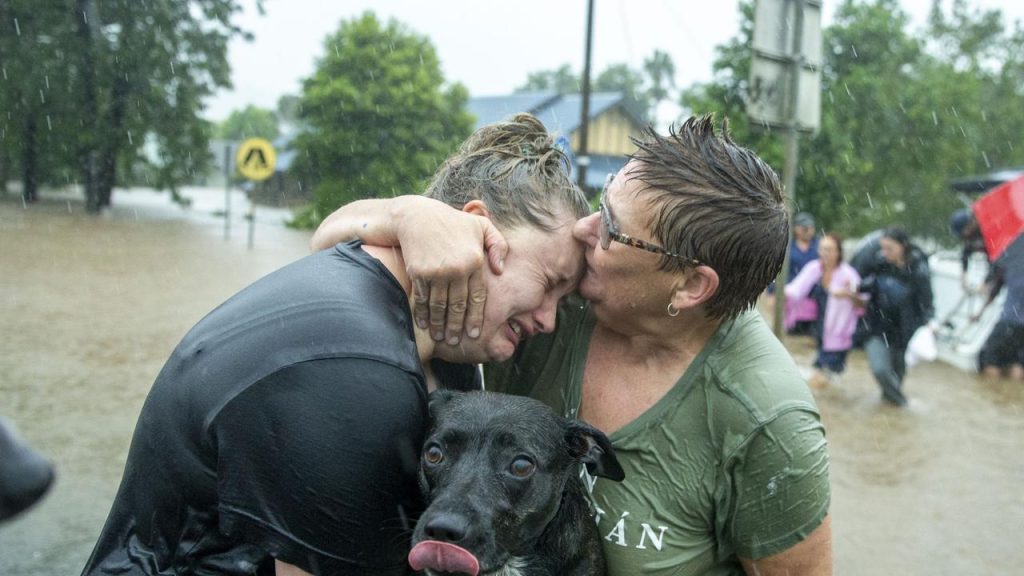
Imagine a scenario: You have five minutes to save only what you can carry from your home before everything else in it is destroyed. The scenario could be war, flood, fire, domestic and family violence, tornado, earthquake, tsunami, or any other disaster. What do you take?
If you are a parent, you probably don’t even have to think about it- you grab your child. An arm free? What else do you grab? In front of you is the gorgeous pair of shoes you bought just yesterday, a framed copy of your diploma, and the family dog. It’s a bit of a no brainer, right? You grab the dog.
In the recent disasters around the world, we have seen this scenario played out over and over again. In Ukraine, we watch as refugees spill out in their thousands, often with animals in tow. Some people choose to stay behind with their animals as they aren’t able to leave with them, but refuse to leave without them. In Lismore NSW, as the flood waters reached into ceiling cavities, it was the dog and cats who were pushed up onto the roof, not the family heirlooms and prized possessions. In Hawkesbury NSW, the story again was of protecting the horses, letting the infrastructure go under.
When it’s life and death in an emergency situation, we always choose life, over everything. In those most telling moments – when we are in fight or flight – we see an animal’s life and do not question their sentience. We know life when we see it and it is life that we preserve.
Women and children who escape domestic and family violence only if there is somewhere safe to take their animals have long been judged harshly by society. This judgement is an indication that there is a fundamental lack of understanding and awareness of the danger,
trauma and imminent emergency that the person is facing while saving the animals. “Why doesn’t she just leave?” people say. Perhaps for the same reason that in any emergency, just leaving another innocent life to die before your eyes is not even an option. Asking “why doesn’t she just leave?” is asking the wrong question. The right question is, “why isn’t she able to leave?”
Lucy’s Project don’t work on the frontline. We reduce the frontline. We know that for many people, it’s not a matter of not wanting to leave, it’s a matter of not being able to leave, because leaving behind an animal is not a possibility. We don’t put the unrealistic burden on survivors to walk away from an at-risk pet to save their own life. We know that in emergency, family is family, whether they have two legs or four. We work for systemic change, the kind that anticipates, prepares, and provides for people with animals who are in crisis.
Reduce the frontline. Support Lucy’s Project.

